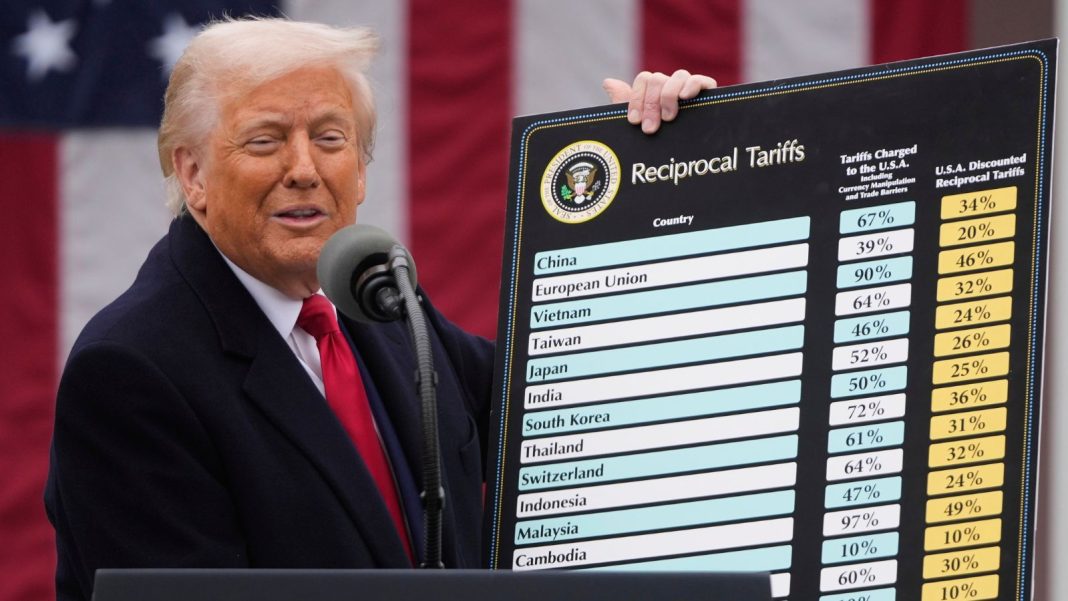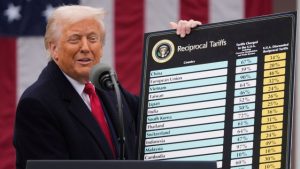Supreme Court to Rule on Trump’s Unprecedented Use of Tariffs as Foreign Policy Tool
The US Supreme Court is set to hear arguments that could fundamentally limit President Donald Trump’s signature foreign policy approach: using tariffs as leverage over other nations on issues far beyond trade.
Key Takeaways
- Trump uses tariffs to pressure countries on security, immigration, and political matters
- Lower courts ruled he overstepped emergency powers law
- Supreme Court decision could reshape US foreign policy approach
- Ruling may affect consumer prices and global trade relationships
President Trump has deployed tariffs in an unprecedented manner, transforming them from mere trade tools into instruments of foreign policy. He has threatened import taxes to secure ceasefires, pressure nations on border security, and even punish countries for political reasons like Brazil’s prosecution of a Trump ally.
This week’s Supreme Court case challenges whether Trump exceeded his authority under the International Emergency Economic Powers Act (IEEPA). A ruling against the president could remove the swift leverage that has become central to his diplomatic strategy.
“The fact of the matter is that President Trump has acted lawfully by using the tariff powers granted to him by Congress in IEEPA to deal with national emergencies and to safeguard our national security and economy,” White House spokesman Kush Desai said in a statement.
Tariffs as Diplomatic Weapon
Unlike previous administrations that used tariffs as surgical tools, Trump employs them as broad instruments of policy.
“Presidents have typically treated tariffs as a scalpel, not a sledgehammer,” said Josh Lipsky of the Atlantic Council.
The approach has yielded results. When Trump threatened 30% tariffs on European imports this year, the EU settled for 15% while securing his support for NATO and Ukraine security guarantees.
“It’s not only about the trade. It’s about security. It’s about Ukraine,” argued EU Trade Commissioner Maroš Šefčovic.
Global and Economic Impact
Trump’s tariff strategy has strained relationships with allies and adversaries alike, prompting some nations to turn toward China or adopt protectionist measures. The approach has also affected consumers, with some businesses passing tariff costs through price increases.
“There’s literally no precedent for the manner that President Trump is using them,” said Emily Kilcrease, a former US trade official.
Experts note the Supreme Court has generally been reluctant to check Trump’s executive powers, suggesting a potential victory for the administration. However, if constrained, Trump could still use other legal avenues for tariffs, though the process would become slower and more bureaucratic.
The decision could force foreign governments to reconsider recent trade agreements with the Trump administration, though political realities might prevent widespread renegotiation.





